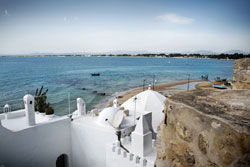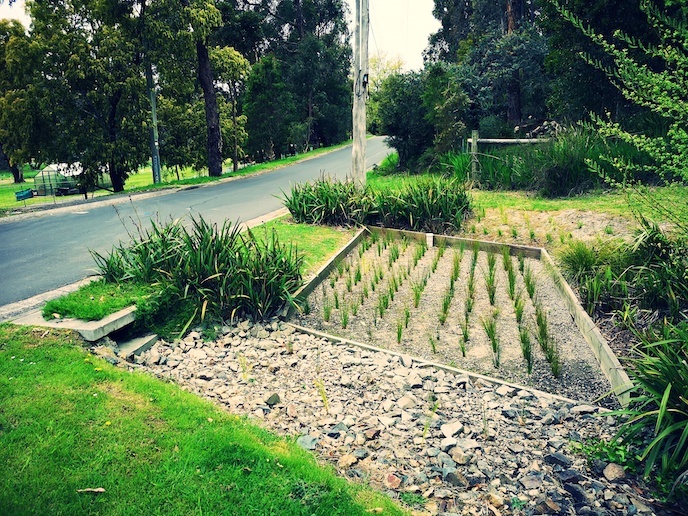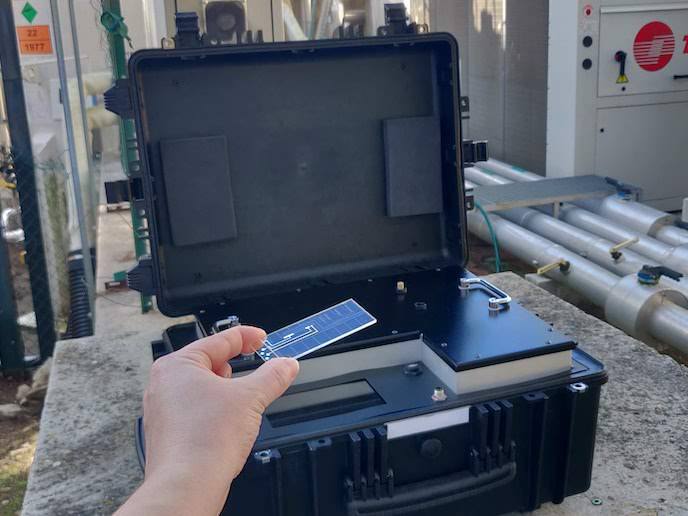Case Study Report for Tunisia: Resource Management
Given the characteristics of the Mediterranean climate, water is a scarce resource, unevenly distributed throughout the year and over the Mediterranean basin. Increasing urban and tourist infrastructure development of the coastal zones of the Mediterranean has resulted in growing demands on natural resources, sometimes causing the natural environment's irreversible degradation. An increase in the agriculture and industry sector also involves in overexploitation of water resources. The result of all this development has been the perturbation of Tunisia's fragile ecosystem. Water and land is the key to sustainable development for the region. This reflects the dependency of the fast growing coastal areas on their water resource catchment areas. The EC-funded project SMART investigated tools and methods for long term policy analysis and strategic decision support for integrated coastal development. Particular emphasis was placed on water resources and land use and importantly, the balance of resources between the coastal region and areas inland. A major achievement of this work has been the raising of awareness of modern scientifically-based planning methodology among stakeholders. This is as a result of their involvement in various phases of the project and local meetings.







